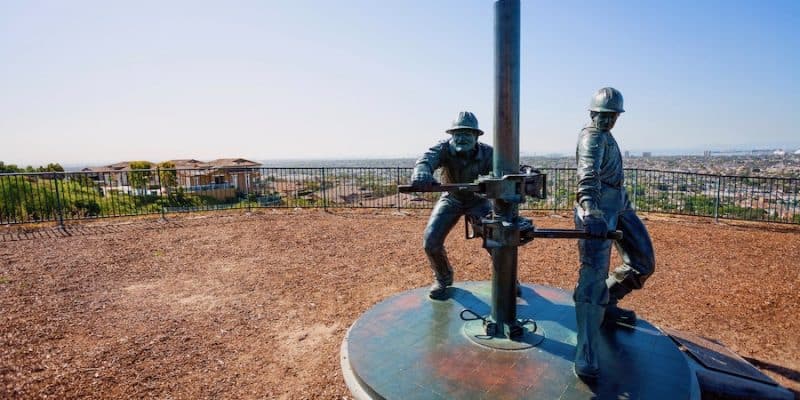The Making of Local People and Young People Who Will Lead the East African Oil and Gas Sector
By Hussein Boffu
The East African oil and gas industry is endowed with huge deep-water natural gas resources.
The Royal Dutch Shell (formerly BP) and Norwegian Equinor (previously Statoil) has found substantial offshore natural gas in southern Tanzania while Italian Eni and United States company, Anadarko, has discovered over 125 trillion cubic feet of natural gas in Area 1 and Area 4 offshore Rovuma basin in Mozambique.
With oil prices being low for a long time and huge deep-water natural gas resources, most industry leaders agree that the long term health of the local oil and gas industry and our economy are dependent upon developing local professionals and young people and moving them from just casual workers to world-class oil and gas specialists.
In this period of low oil price, it is not only a challenge to attract foreign direct investments but there is also intense competition in available funds.
So, if we want to remain globally competitive in today’s oil price volatile marketplace, we need to prepare our students not to be just mere local champions. We need to produce world-class graduates who meet the standards required.
We need to train and develop our local professionals and move them from just being dependent on foreign experience to be an independent focal point.
Read also:Taking Training and Development in Tanzania’s Oil and Gas Beyond the Conventional Way
So, this article is about how to develop the capacity of many local people and young people to become world-class oil and gas professional specialists.
A New Vision for Training and Developing the Local Capacities
It is true that the changes and opportunities in the East African oil and gas industry can be addressed through developing local capacities and resources; but how do you produce world-class graduates?
How do you develop the capacities of local professionals and move them from just casual workers to leaders in the industry?
Dr. Mohamed Mahgoub, a geophysics expert in the Gulf countries from his point of view and his wide experience in oil and gas since 1990 offers his take.
“East African universities for the oil and gas sector (which is also where my industry career is) should have a close collaboration consortium with international higher-ranking universities in oil and gas-related curriculum which have state-of-the-art technologies and related sciences.
Partnership with those major universities is fundamentally needed to help in significant improvement in the educational system.
Oil and gas service providers should donate free software for seismic data processing as CGG Seismic service provider has established a seismic processing unit with geovation processing software for Sultan Qaboos University in Oman and other universities in Africa and different areas of the world. Moreover, training and development of young professionals and even for the highly experienced workers is needed to deal with such an industrialization era in unconventional is extremely important.
That way, we move the industry professionals from just users and followers to ex-pat experts to professional independent focal points which will produce local leaders of the oil and gas industry and they will able to lead the industrialization phases execution accordingly.”
Unconventional Training and Development
Training and development of local personnel could save a giant amount of money spent from the national GDP to bring expatriates to lead the projects either for oil and gas or to plan for the proposed industrialization vision primarily in Tanzania and regionally in East Africa. The development of local experience is the key to secure the local professionals who will lead the oil and gas industry and stimulate industrial development.
hussein.boffu@tanzaniapetroleum.com
+255655376543



